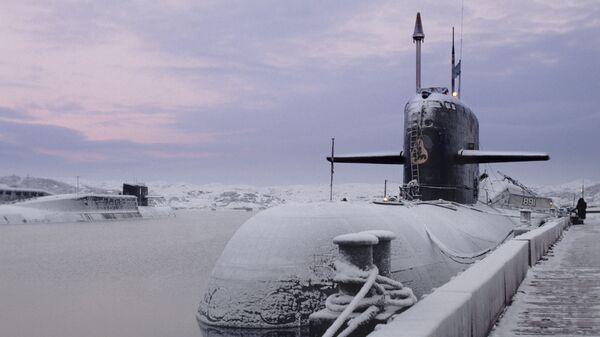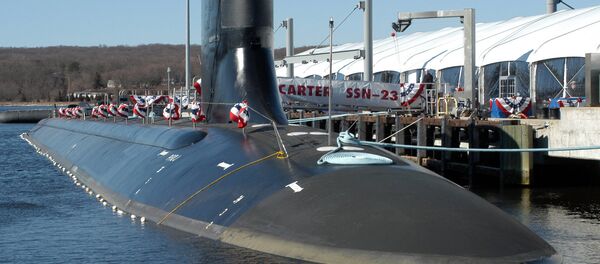Japanese newspaper Sekai Nippo claims that the "informed" source "familiar with the North Korea situation" told them that the DPRK has been clandestinely building the nuclear submarine, which would be a massive leap forward from the current DPRK Navy, which may maintain a fleet of 50 to 60 diesel-electric submarines.
The source went on to claim that Chinese and Russian engineers have been lending their expertise to the DPRK at North Korea's Nampo Naval Shipyard, in North Korea's manufacturing capital.
While nuclear submarines are significantly more difficult and expensive to produce than conventional diesel-electric ones, they are also faster, more powerful, more versatile, and have a wider range since they can stay underwater for much longer without needing to resurface and refuel.
Nuclear submarines are often paired with ballistic missiles, and they can greatly increase a nation's power projection and are a stealthier launch method than firing from a ground-based silo. Analysts have suspected that the DPRK is interested in nuclear submarines for this reason, as Pyongyang has greatly bolstered their missile program in recent years.
In the US Navy, nuclear submarines armed with ballistic missiles form part of the Nuclear Triad, which guarantees the ability of the United States to return fire in the event of a sudden nuclear strike, since finding and destroying all missile submarines before they can launch their missiles is effectively impossible.
Since 2014, North Korea has test launched their Pukguksong-1 submarine-launched ballistic missile (SLBM) at least six times. An operational Pukguksong-1 could be loaded into a nuclear submarine, which could then maneuver into international waters and fire a missile that would be nearly impossible to intercept. The Pukguksong-1 could also hypothetically be equipped with a small nuclear warhead.
The US military has been closely monitoring the North Korean navy after what they suspect was an "ejection test" of the Pukguksong-1 in August. In May, think tank 38 North claimed that satellite imagery identified what appeared to be a test site for SLBMs at Nampo.
As the US bloc continue to ramp up military and economic pressure on North Korea, Pyongyang has given no indications of blinking. "The increased moves of the US and its vassal forces to impose sanctions and pressure on the DPRK will only increase our pace towards the ultimate completion of the state nuclear force," said their state news agency in a Monday press release.




